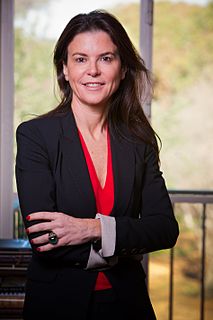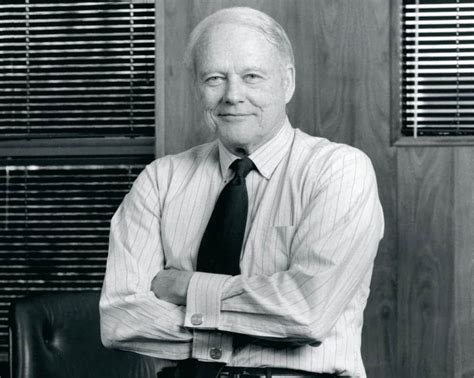A Quote by Ofra Strauss
If the television market collapses - and it will collapse - then, it seems, there is too much regulation, and that's not a good thing.
Quote Topics
Related Quotes
However, you have to recognize that regulations will never be completely successful and they will always be full of holes. You must constantly be ready to fill new holes. Actually regulation should be kept to a minimum, but there has to be some cooperation between market participants and authorities - as was the case in the early postwar years. The Bank of England was a very successful regulator by cooperating with market participants. This cooperative spirit was broken by the market fundamentalists.
The underlying strategy of the Fed is to tell people, "Do you want your money to lose value in the bank, or do you want to put it in the stock market?" They're trying to push money into the stock market, into hedge funds, to temporarily bid up prices. Then, all of a sudden, the Fed can raise interest rates, let the stock market prices collapse and the people will lose even more in the stock market than they would have by the negative interest rates in the bank. So it's a pro-Wall Street financial engineering gimmick.


































